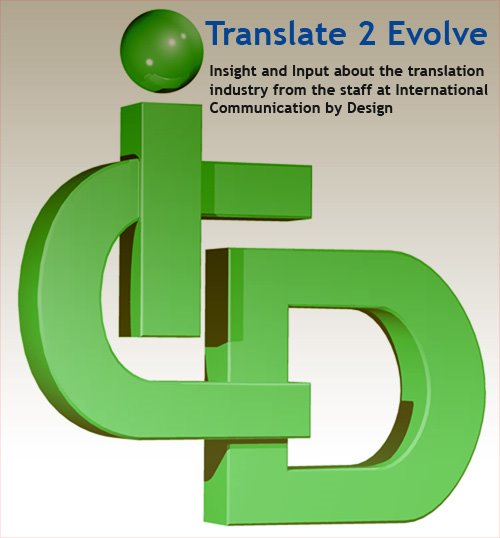While the Olympics are going on, the Chinese are wondering what's going to happen to their economy, and the hype when it's all over. Well, China's translation companies have a bigger problem that keeps them up at night in cold sweats. While these companies are able to offer US and European clients competitive prices on Chinese and Asian language translations, they are finding it hard to offer those prices for European and English language translations to local clients. Part of the problem is the lack of native European and English speaking translators in China. The cost of living in Europe and North America are considerably higher, and it's hard for them to compete with translation companies in Europe, and North and South America. With the increasing number of exports from China, the local manufacturers need their materials localized into English and European languages, and the Chinese translation companies aren't able to meet the demand.
So, is this a blessing for state side translation companies? Yes and No. Most translation companies use the same pool of ATA certified translators for European languages, and some Chinese companies are able to strike partnerships with North American translation companies by offering lower prices for Asian languages in exchange for lower prices on European languages. The problem arises when the Chinese companies make deals directly with the same pool of translators. Now they are able to negotiate lower rates with those translators; overtime eliminating the need for partnerships with North American translation companies. So you're thinking: Why doesn't this work in reverse? Well, the companies in North America don't have access to large pools of qualified domestic Chinese or Asian language translators in the North America, and the Chinese companies have a monopoly on the translators in China. Therefore, the North American companies have to rely on the Chinese companies who offer lower prices in comparison to an independent translator.

No comments:
Post a Comment